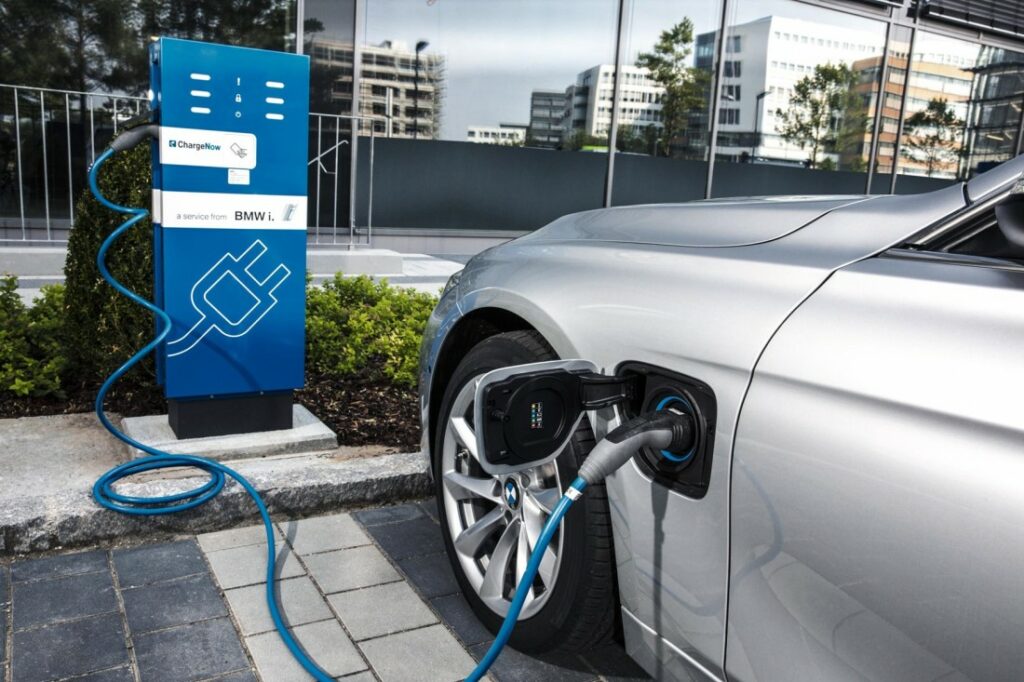If you’re looking for a vehicle that’s better for the environment then you may be confused between a plug-in hybrid and an electric vehicle (EV’s). So, which one is right for you?
PLUG-IN HYBRID
Plug-in hybrid cars are pretty self-explanatory, they’re hybrid cars that are plugged in to charge. They use two different powertrains, both of which can drive the wheels. There’s an electric motor that lets the driver go a certain limited distance, normally between 30 and 40 miles, then there’s a normal gasoline engine that kicks in once the electric motor is depleted.

Of course, plug-in hybrid cars also offer their own advantages and disadvantages. The primary advantage is described above: range. While an electric car can only travel as far as its batteries allow, plug-in hybrids use gasoline engines in addition to their electric powertrains. The result is that plug-in drivers get the best of both worlds: electric-vehicle efficiency around town, and traditional car range for longer trips.
When it comes to disadvantages, the biggest drawback endured by plug-in hybrids is variety. There simply aren’t many models to choose from, as most automakers have instead chosen to offer fully electric vehicles instead. This is largely because drivers interested in an electric vehicle tend to want the full experience, using no fuel and benefiting the environment as much as possible.
You can view all of our Plug-In Hybrid vehicles here.
ELECTRIC
Electric vehicles, however, are fully electric, which means they use no gasoline at all. Because of this, there’s no backup engine to help you out when the batteries run out of power, but usually, they have more room for batteries as they don’t have to make space for the gasoline engine. That means EVs offer a longer electric-only range than plug-in hybrids.
Electric vehicles offer several advantages over plug-in hybrids. The main attraction is that electric vehicles benefit the environment more than plug-in hybrids since they don’t use any fuel at all. That’s a big deal for shoppers looking to minimize their carbon footprint as much as possible.

Electric vehicles also help drivers save more money than plug-in hybrids do since they don’t use any fuel. They also offer a longer electric-only range than plug-in hybrids. That means drivers who want to cruise for as long as possible without using a drop of fuel will be better served with an EV than a plug-in.
Of course, there are some drawbacks to EVs. By far the largest is range: While a plug-in hybrid can usually travel 30 or 40 miles on fully electric power and an extra 200 to 300 miles on gasoline, most electric vehicles are limited to 60 to 110 miles of total range. That means drivers with a long commute, or those who routinely travel more than 60 to 110 miles without overnight stops, would be wise to consider a plug-in hybrid instead of an EV. An exception to this would be the Tesla range, they can reach over 200 miles on a full charge.
You can view all of our electric vehicles here.
